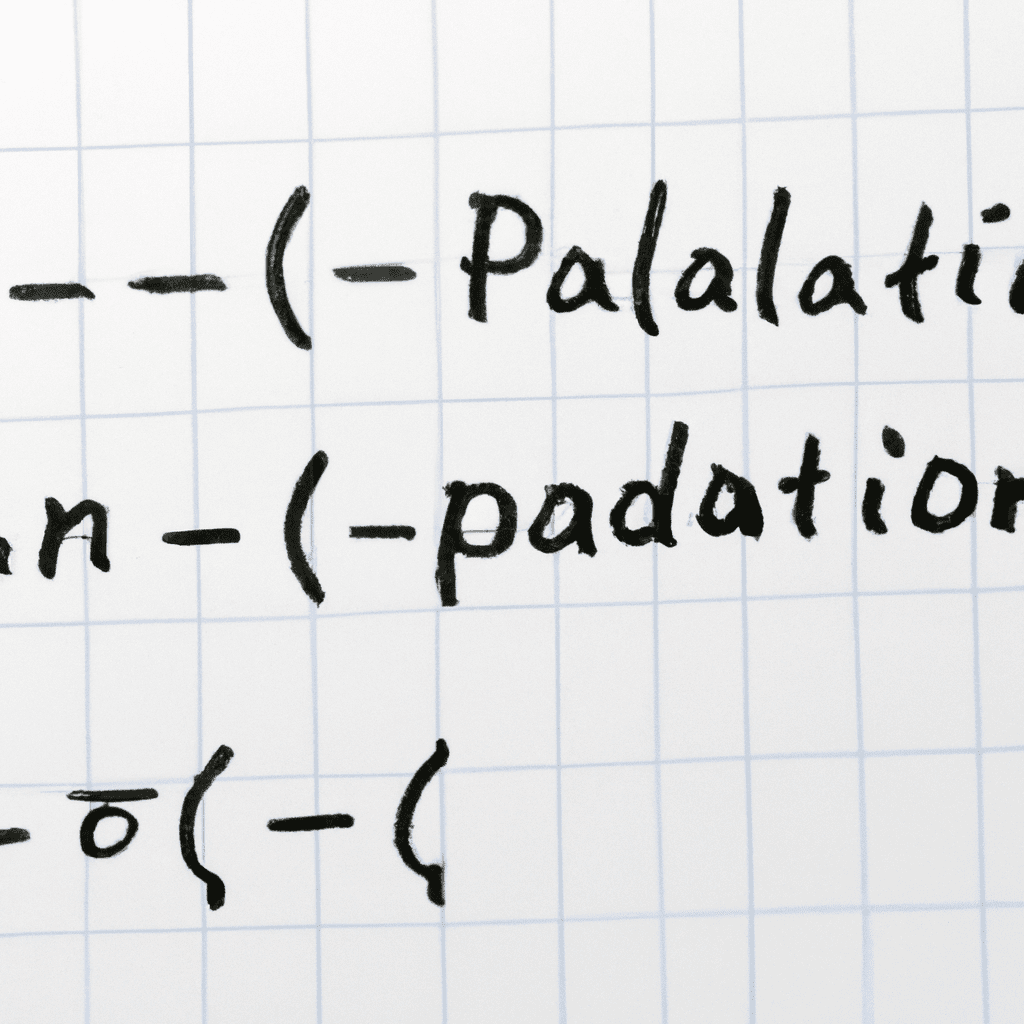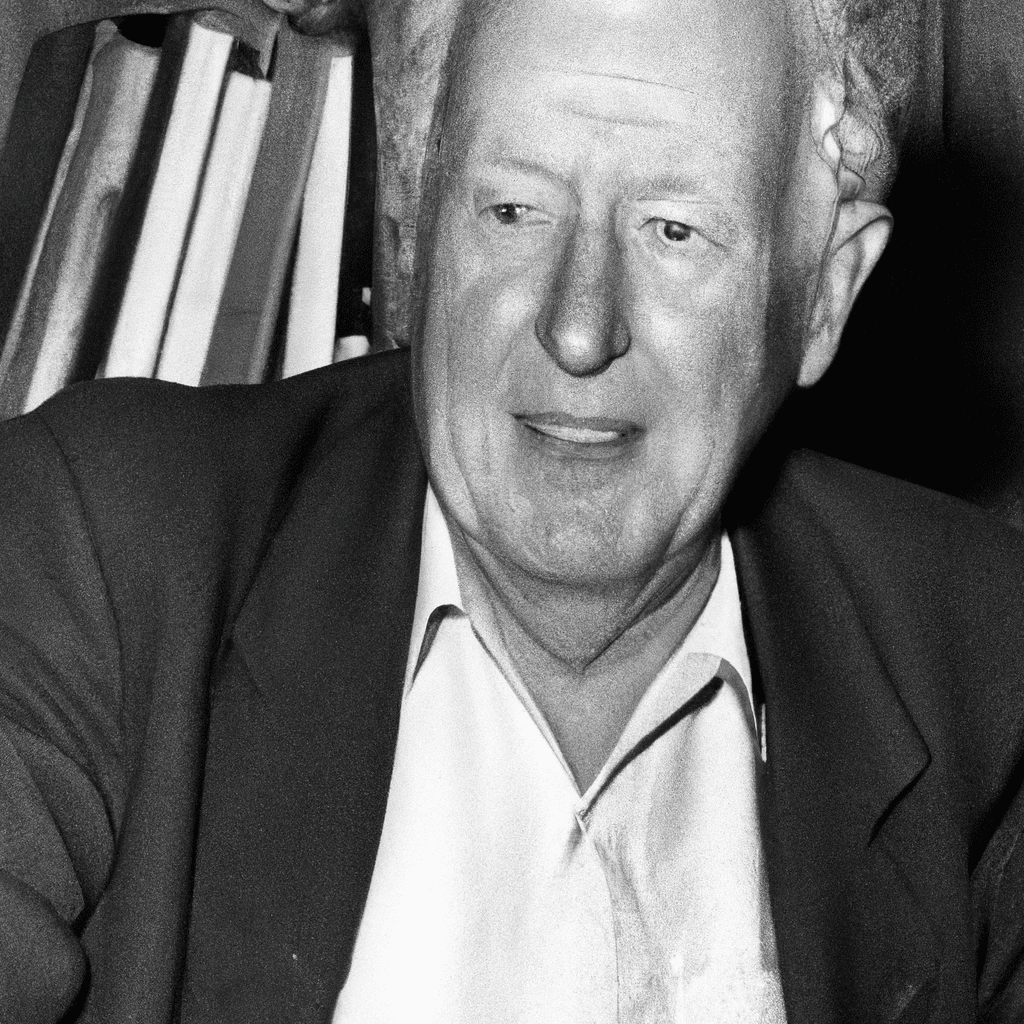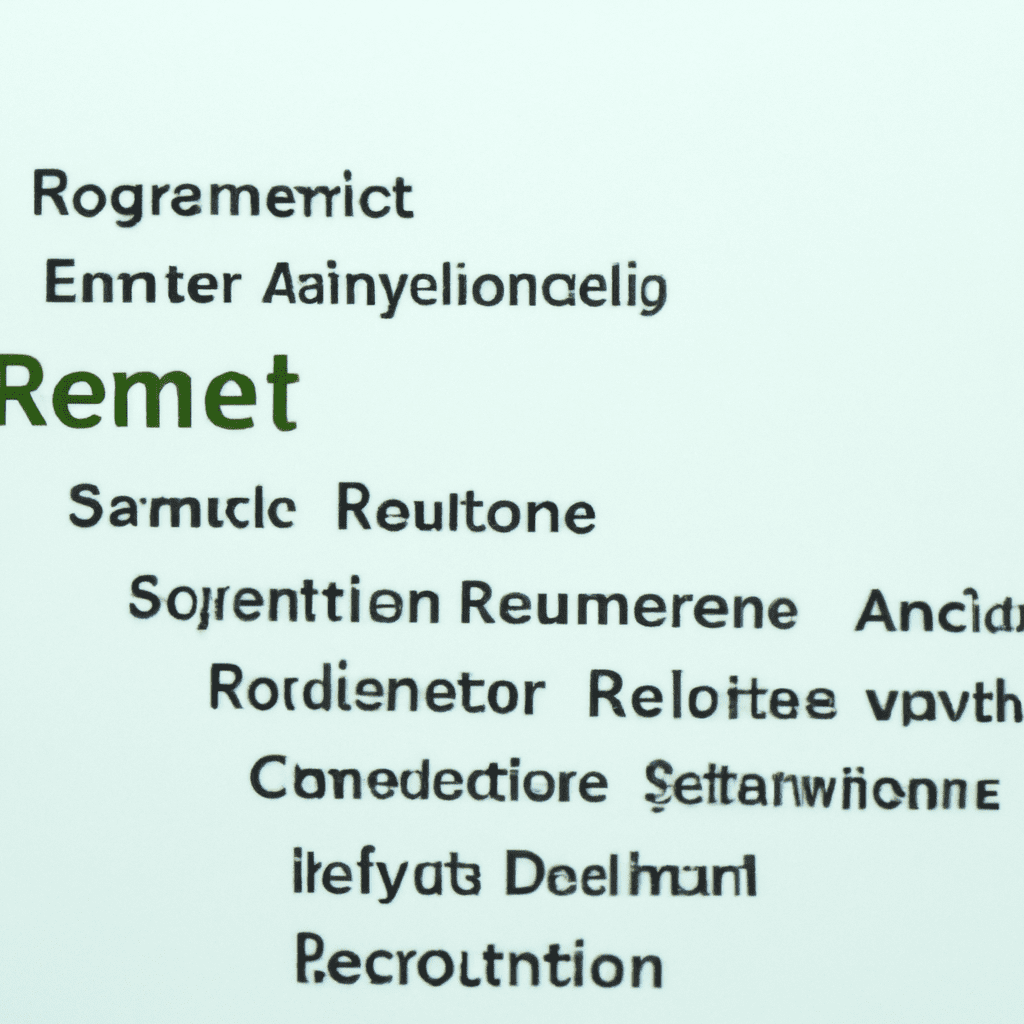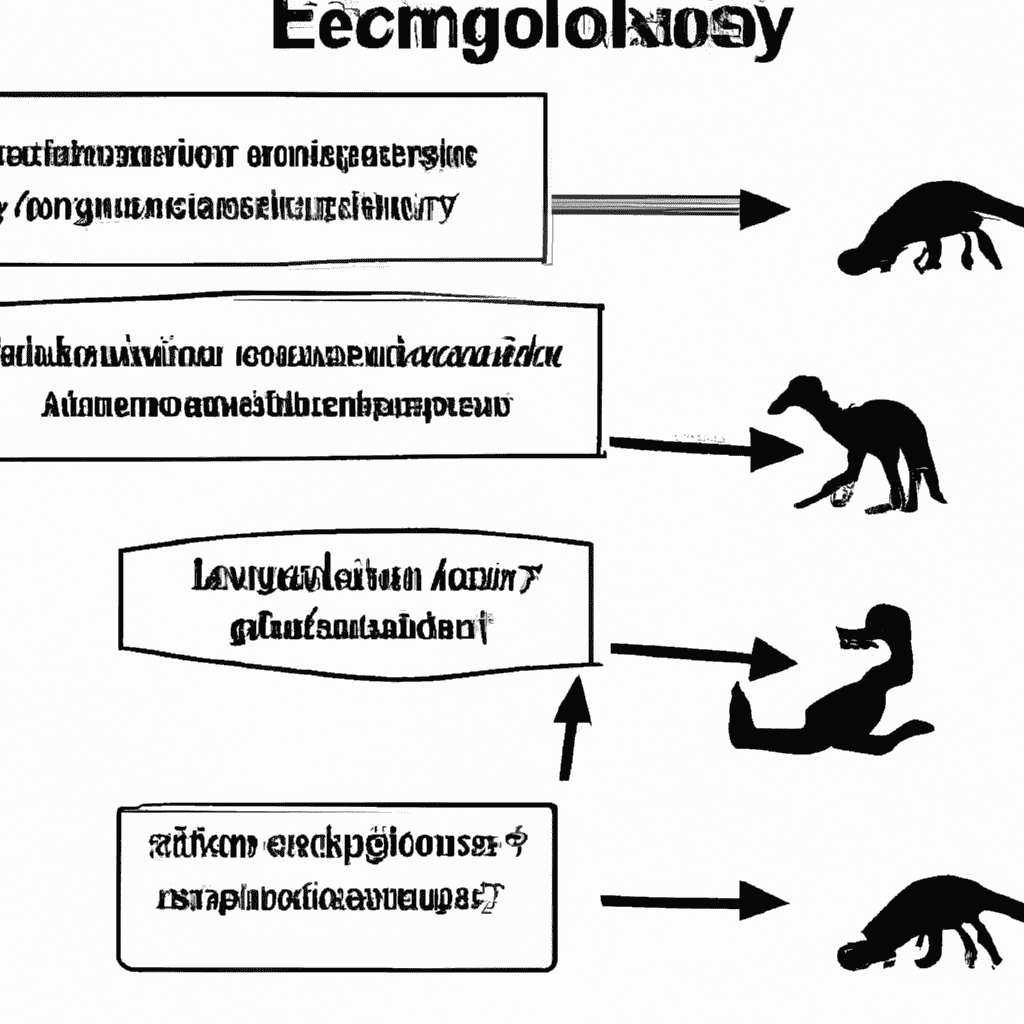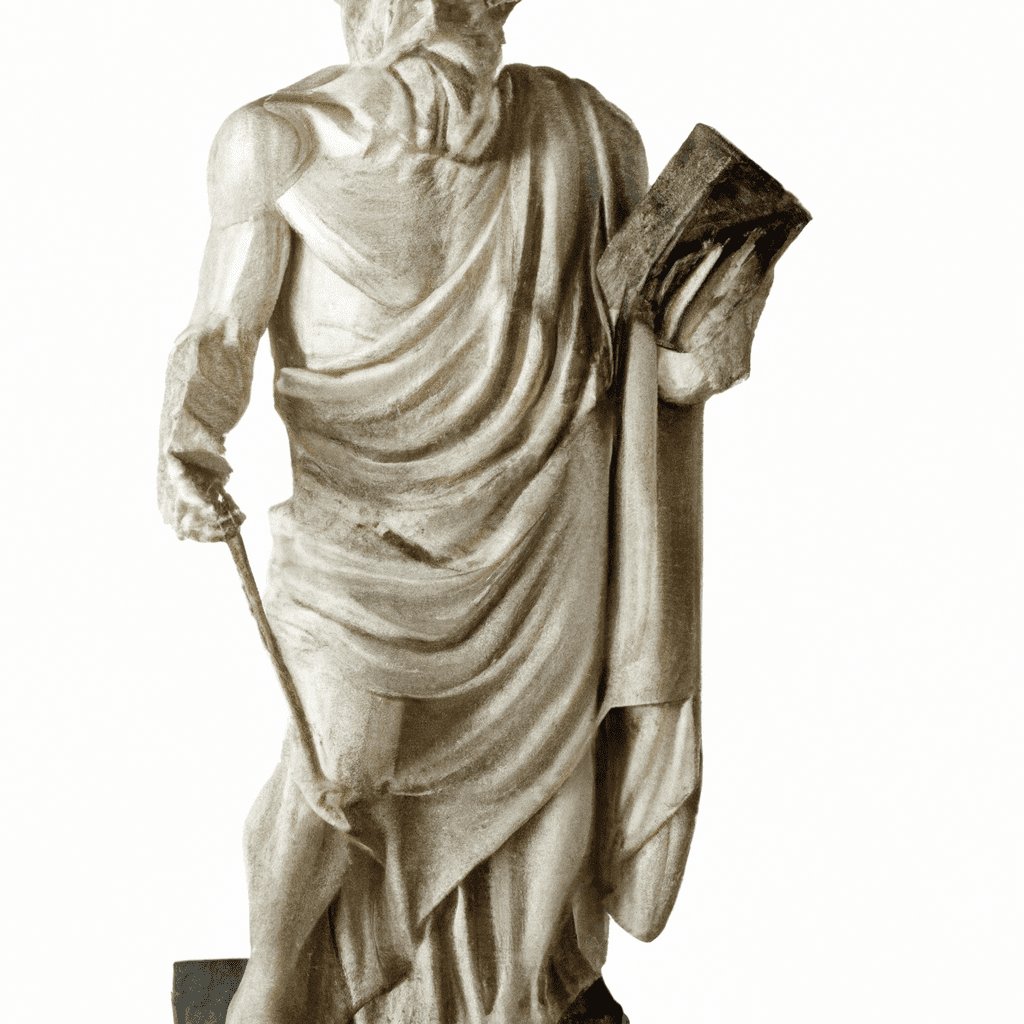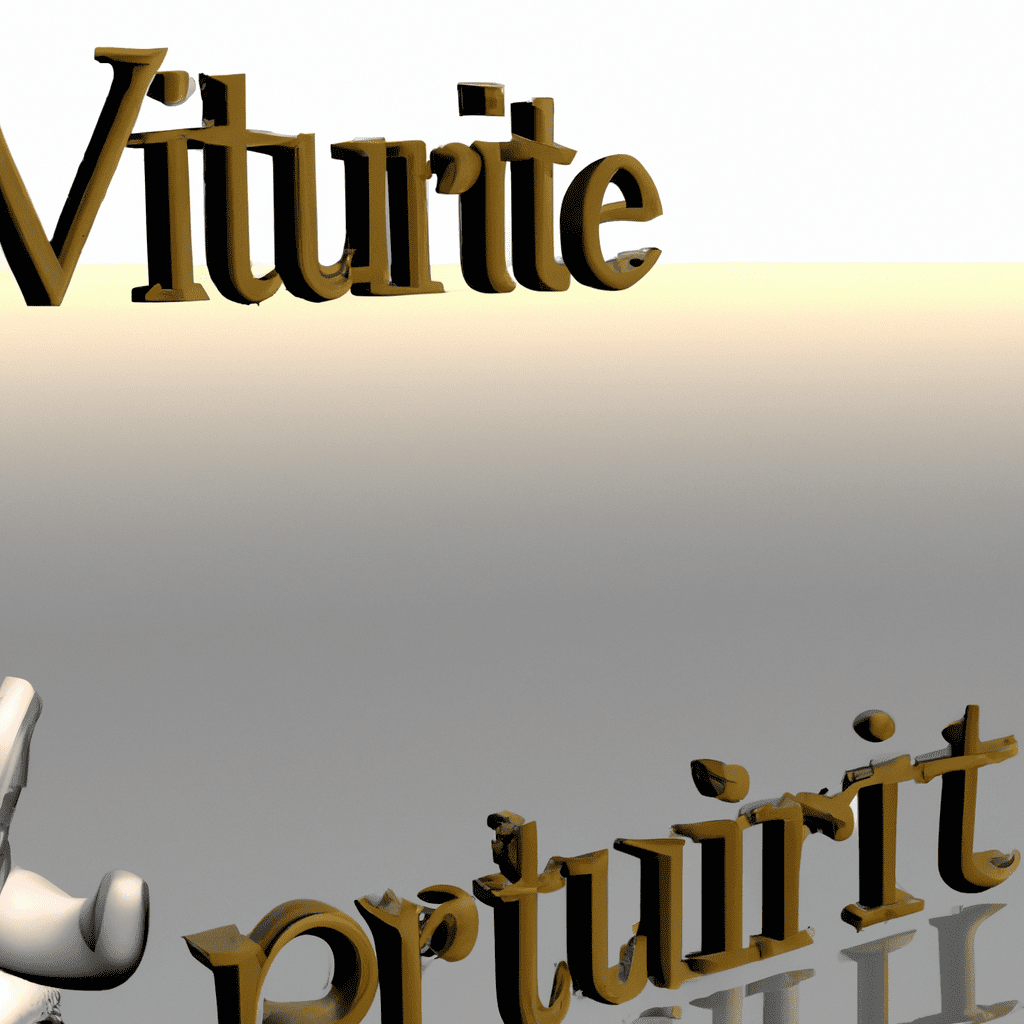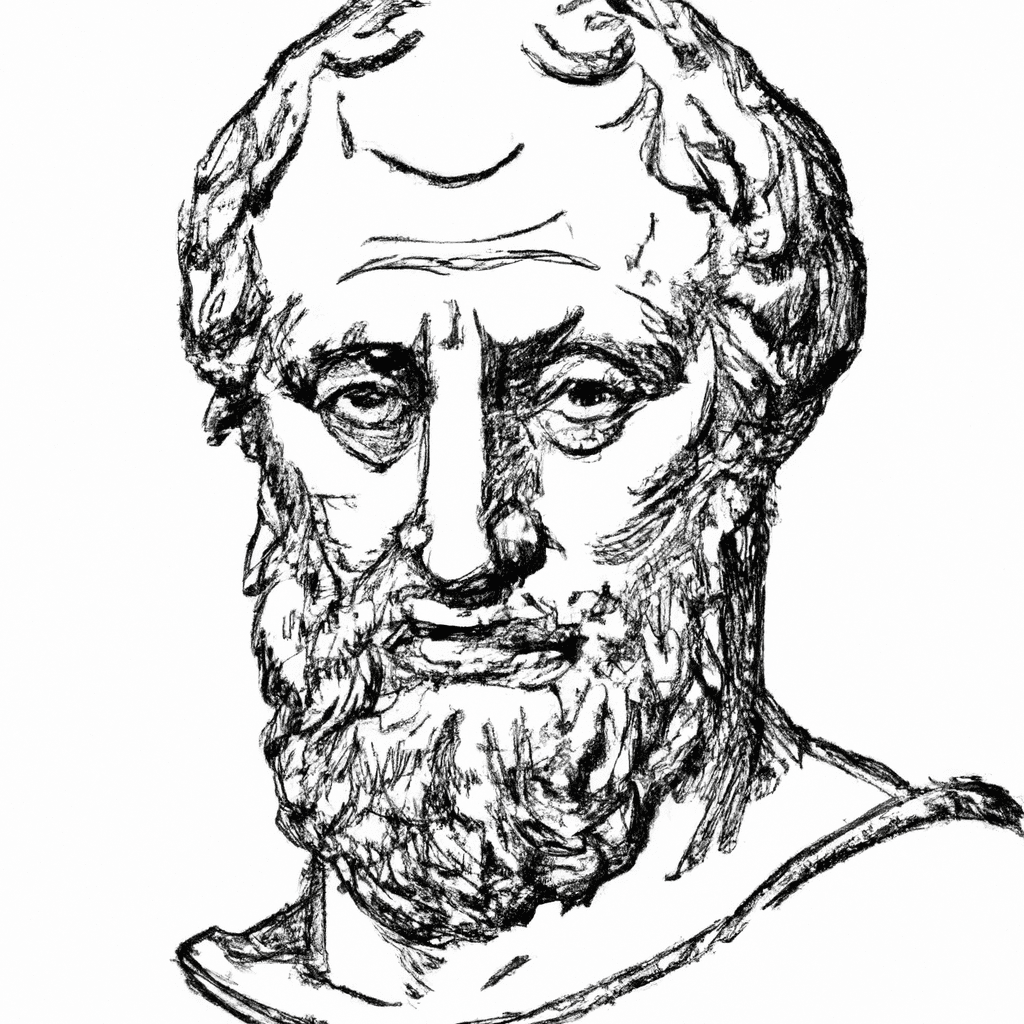Mathematical Platonism Mathematical platonism is any metaphysical account of mathematics that implies mathematical entities exist, that they are abstract, and that they are independent of all our rational activities. For example, a platonist might assert…
Browsing CategoryWiki Filosofía
Presocratics
Presocratics Presocratic philosophers are the Western thinkers preceding Socrates (c. 469-c. 399 B.C.E.) but including some thinkers who were roughly contemporary with Socrates, such as Protagoras (c. 490-c. 420 B.C.E.). The application of the term…
Xuanzang (Hsüan-tsang) (602—664)
Xuanzang (Hsüan-tsang) (602—664) Xuanzang, world-famous for his sixteen-year pilgrimage to India and career as a translator of Buddhist scriptures, is one of the most illustrious figures in the history of scholastic Chinese Buddhism. Born into…
Alasdair Chalmers MacIntyre (1929— )
Alasdair Chalmers MacIntyre (1929— ) Alasdair MacIntyre is a Scottish born, British educated, moral and political philosopher who has worked in the United States since 1970. His work in ethics and politics reaches across disciplines,…
Conceptual Role Semantics
Conceptual Role Semantics In the philosophy of language, conceptual role semantics (hereafter CRS) is a theory of what constitutes the meanings possessed by expressions of natural languages, or the propositions expressed by their utterance. In…
Evolutionary Epistemology
Evolutionary Epistemology Evolutionary Epistemology (EE) is a naturalistic approach to epistemology and so is part of philosophy of science. Other naturalistic approaches include sociological, historical and anthropological explanations of knowledge. What makes EE specific is…
The KK (Knowing that One Knows) Principle
The KK (Knowing that One Knows) Principle In its simplest form, the KK principle says that, for any proposition p, if one knows that p, then one knows that one knows it. More complex formulations…
Diogenes of Apollonia (5th cn. B.C.E.)
Diogenes of Apollonia (5th cn. B.C.E.) Diogenes of Apollonia is often considered to be the last of the Presocratic Greek philosophers, although it is more than likely that Democritus was still active after the death of…
Virtue Ethics
Virtue Ethics Virtue ethics is a broad term for theories that emphasize the role of character and virtue in moral philosophy rather than either doing one’s duty or acting in order to bring about good consequences. A virtue…
Plotinus (204—270 C.E.)
Plotinus (204—270 C.E.) Plotinus is considered to be the founder of Neoplatonism. Taking his lead from his reading of Plato, Plotinus developed a complex spiritual cosmology involving three foundational elements: the One, the Intelligence, and…

